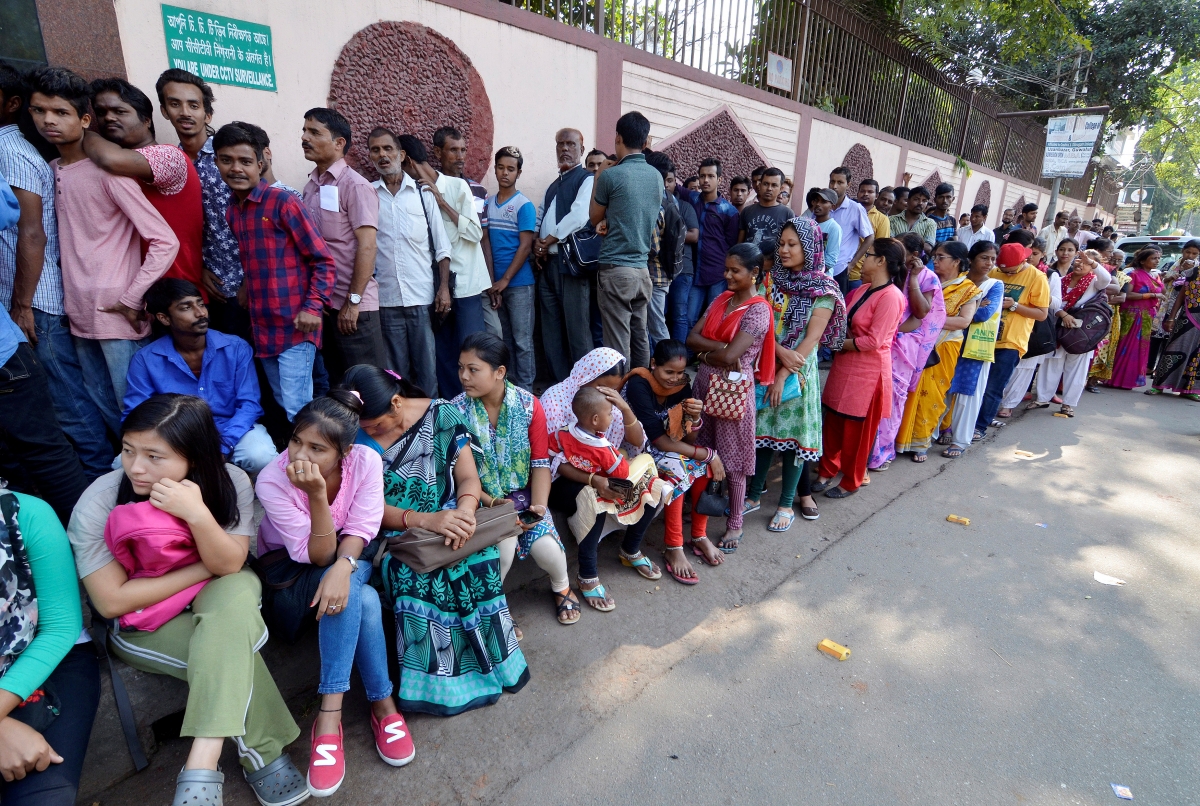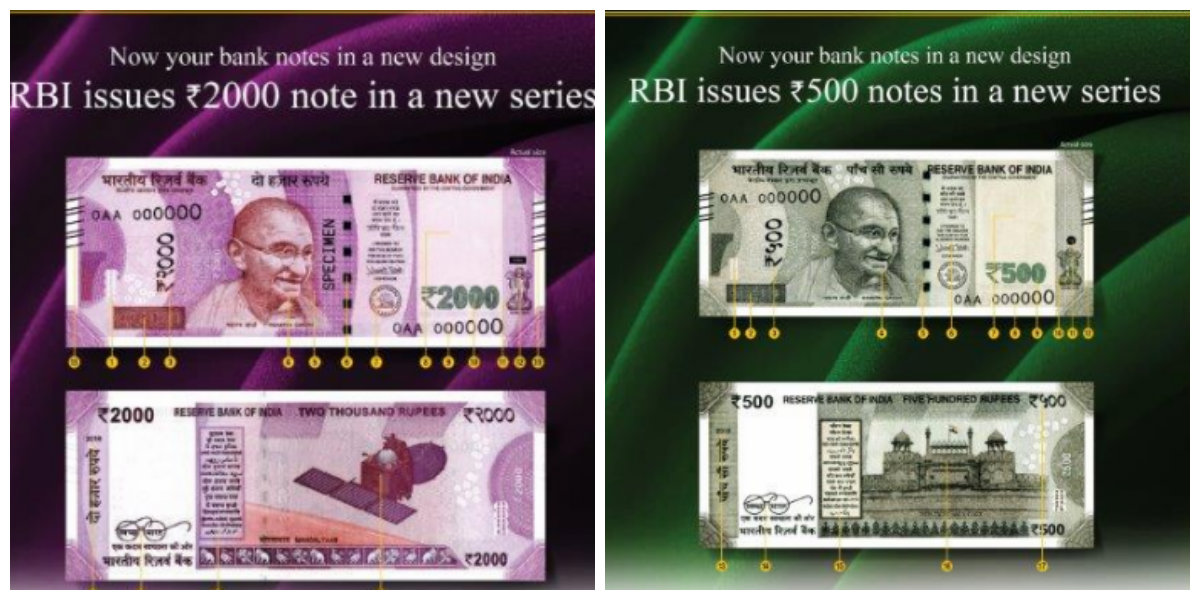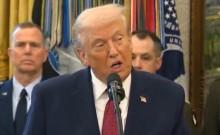Prime Minister Narendra Modi's "surgical strike" on black money in the form of scrapping Rs 500 and Rs 1,000 notes on November 8 has given an indication of how cash-hungry Indians are, notwithstanding the push for plastic. In a span of nine days, (November 10 and 18), Indians withdrew Rs 1,03,316 crore, or approximately $15.2 billion.
"People have withdrawn from Nov 10 - 18, ₹ 1,03,316 crore from their accounts either over the counter or through ATMs," tweeted Arjun Ram Meghwal, minister of state for finance, on Monday.
Indians got a 50-day window (November 10 to December 30) to exchange the notes declared defunct on November 8 at banks and post offices.
The rush for withdrawing cash that is still prevalent in many parts of the country for commercial transactions has also resulted in some deaths at queues and other places, besides triggering a wave of protests by the opposition parties.
The decision, referred to as demonetisation, has been criticised by some analysts and sections of the foreign media.
Ruchir Sharma, the chief global strategist of Morgan Stanley, wrote that India could have opted for a less radical step than creating an economic chaos.
"Scrapping large bills may destroy some hidden wealth today, but the black economy will start regenerating itself tomorrow in the absence of deeper changes in the culture and institutions that foster it," he said in a blog post.
The Economist also criticised the move. "The surprise scrapping of what amounted to 86% of the cash in circulation could, in fact, turn out to be the worst mistake of Mr Modi's career," the London-based weekly wrote.
The impact of the move has also been felt by the stock markets and the Indian rupee that plunged to a nine-month low last Friday.
Analysts are also of the few that India, currently the world's fastest-growing economy, could experience a slowdown as a result of the consequence of Modi's "surgical strike."
People have withdrawn from Nov 10 - 18, ₹ 1,03,316 crore from their accounts either over the counter or through ATMs: @RBI #DeMonetisation
— Arjun Ram Meghwal (@arjunrammeghwal) November 21, 2016
Public deposited Rs 5,11,565 crore in banks & exchanged Old currency notes worth Rs 33,006 crore from Nov 10 - 18 : @RBI #DeMonetisation
— Arjun Ram Meghwal (@arjunrammeghwal) November 21, 2016

















